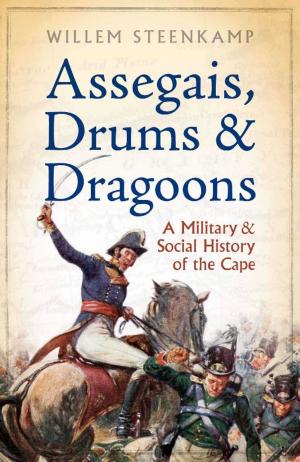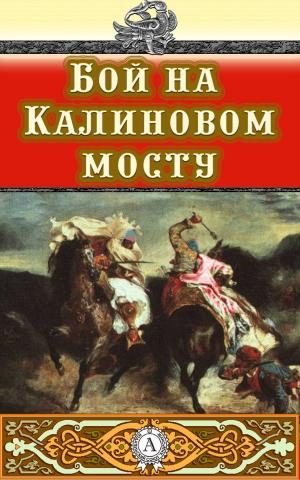| Author: | Broken Walls Publishing | ISBN: | 9781301109005 |
| Publisher: | Broken Walls Publishing | Publication: | April 16, 2013 |
| Imprint: | Smashwords Edition | Language: | English |
| Author: | Broken Walls Publishing |
| ISBN: | 9781301109005 |
| Publisher: | Broken Walls Publishing |
| Publication: | April 16, 2013 |
| Imprint: | Smashwords Edition |
| Language: | English |
A philosophical fictional novel about the adopted son of Christ
The beggar boy, the main character of this book, was the adopted son of Christ but was abandoned by the disciples after the Crucifixion.
Destiny and fate revolve and conflict around this "Beggar's Young Son" as the now thirty year old man is called.
As a young man, he returns for seven days to the City to take up his father's work, in an attempt to rectify his distance from humanity, from his own soul, from his own destiny.
He uses logic, reason and an appeal for human compassion to try to bridge to the people of the City but finds only failure for himself as he cannot be as psychically insightful and empathic as his father was.
Each time he feels this deeply as his own self-failure.
In the final chapter, the young Beggar leaves the City in the company of a strange new prophet and comes upon a village carved out of hope and salvation but slipping again into despair.
The author explores such topics as humanism, free will, theology, capital punishment, political systems, ethics, euthanasia, evolution and ,ultimately, the value of society to the individual and the individual to society.
SYNOPSIS OF NOVEL
Chapter one to three...Deals with concepts of creation, man, god; in that a god will have no greatness more than the man which creates it, and it, the man. Beggar boy sells mirrors to be the idols of their personal gods. Then , he must fight in court to disprove the crime of fraud against the people.
Chapter four. Beggar boy interrupts a ‘beating’ by schoolmaster of young boys. The discussion explores crime vs. punishment as a tool of ‘change’.
Chapter five. Beggar explores extremes of poverty, leadership and tyranny as he progresses from poor hovels to an execution pit to the king’s audience. He pleas for the lives of condemned slaves. Explores concepts of social order, tyranny, freedom.
Chapter six. Beggar interrupts argument amongst three brothers over law vs. assisted suicide for their father. The concept argued is wether conscience of ‘I’ is above conscience of communal law.
Chapter seven. Beggar leaves City with a mad poet who has started an alternative community in the mountains. Explores concepts that logic and reason alone cannot propel human development; passion of belief or blind faith is also necessary for evolution. Compares the fate of the individual vs. the ‘needs’ of society’s historical destinies.
A philosophical fictional novel about the adopted son of Christ
The beggar boy, the main character of this book, was the adopted son of Christ but was abandoned by the disciples after the Crucifixion.
Destiny and fate revolve and conflict around this "Beggar's Young Son" as the now thirty year old man is called.
As a young man, he returns for seven days to the City to take up his father's work, in an attempt to rectify his distance from humanity, from his own soul, from his own destiny.
He uses logic, reason and an appeal for human compassion to try to bridge to the people of the City but finds only failure for himself as he cannot be as psychically insightful and empathic as his father was.
Each time he feels this deeply as his own self-failure.
In the final chapter, the young Beggar leaves the City in the company of a strange new prophet and comes upon a village carved out of hope and salvation but slipping again into despair.
The author explores such topics as humanism, free will, theology, capital punishment, political systems, ethics, euthanasia, evolution and ,ultimately, the value of society to the individual and the individual to society.
SYNOPSIS OF NOVEL
Chapter one to three...Deals with concepts of creation, man, god; in that a god will have no greatness more than the man which creates it, and it, the man. Beggar boy sells mirrors to be the idols of their personal gods. Then , he must fight in court to disprove the crime of fraud against the people.
Chapter four. Beggar boy interrupts a ‘beating’ by schoolmaster of young boys. The discussion explores crime vs. punishment as a tool of ‘change’.
Chapter five. Beggar explores extremes of poverty, leadership and tyranny as he progresses from poor hovels to an execution pit to the king’s audience. He pleas for the lives of condemned slaves. Explores concepts of social order, tyranny, freedom.
Chapter six. Beggar interrupts argument amongst three brothers over law vs. assisted suicide for their father. The concept argued is wether conscience of ‘I’ is above conscience of communal law.
Chapter seven. Beggar leaves City with a mad poet who has started an alternative community in the mountains. Explores concepts that logic and reason alone cannot propel human development; passion of belief or blind faith is also necessary for evolution. Compares the fate of the individual vs. the ‘needs’ of society’s historical destinies.















